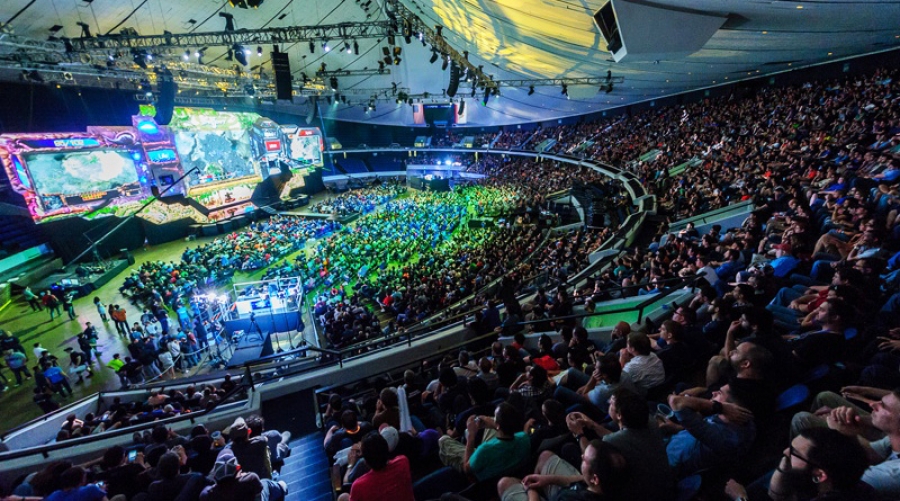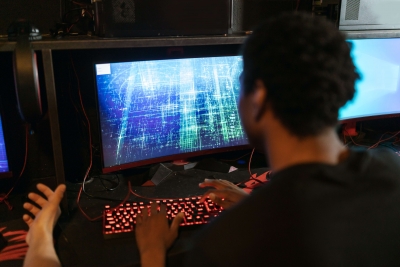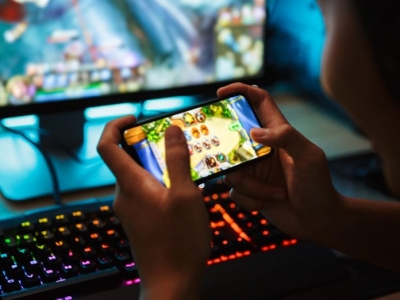Video games, a trend that began as a hobby, slowly and steadily has evolved into a worldwide sensation. Video games have influenced all kinds of areas in the entertainment media, from movies, series, and even dramas; it's not strange to find that the next upcoming hit of the silver screen comes as an adaptation of a famous video game franchise. Sports have also been influenced by this new trend, as the big names in gaming often advertise during sports events. Nonetheless, the biggest change that video games have brought to the world is the creation of Esports. In recent years, the Esports scenario has taken the spotlight for younger audiences, the rating and earning of these events being a testament to their popularity. Both professional and amateur tournaments are available for a huge variety of games, and the opportunity of proving yourself the best among your peers is enticing. Today, let's take a closer look at e-sports tournaments and some tips as to how better prepare ourselves before trying our hand in one.
A Bit Of History
While esports and their related tournaments are relatively new, video games and gaming as a whole dates back to the second half of the last century. Beginning with a ping pong simulator aptly named "Pong," video games have steadily evolved into a media that has even replaced cinema as the top entertainment choice. Video games allow players not to see but live the adventures of the characters depicted. The addition of new devices and gadgets to the gaming paraphernalia, such as VR headsets, make gaming a top and a strong contender in the future of entertainment media. With genres covering almost everything we can think of, from multiplayer competitions to daily life simulators and even games with adult themes in mind, gaming as a whole has taken the world by stride. Latin America's esports market is by far the region's fastest-growing market in today's global esports market. According to Juniper projections, there will be 130 million esports watchers in the region by 2025.
My First Tournament: Help!
While there is no go-to list when we talk about professional or even amateur competitions in general, not only in the Esports stage, we can make a small reference list to help both players and gamblers.
Bark And Bite
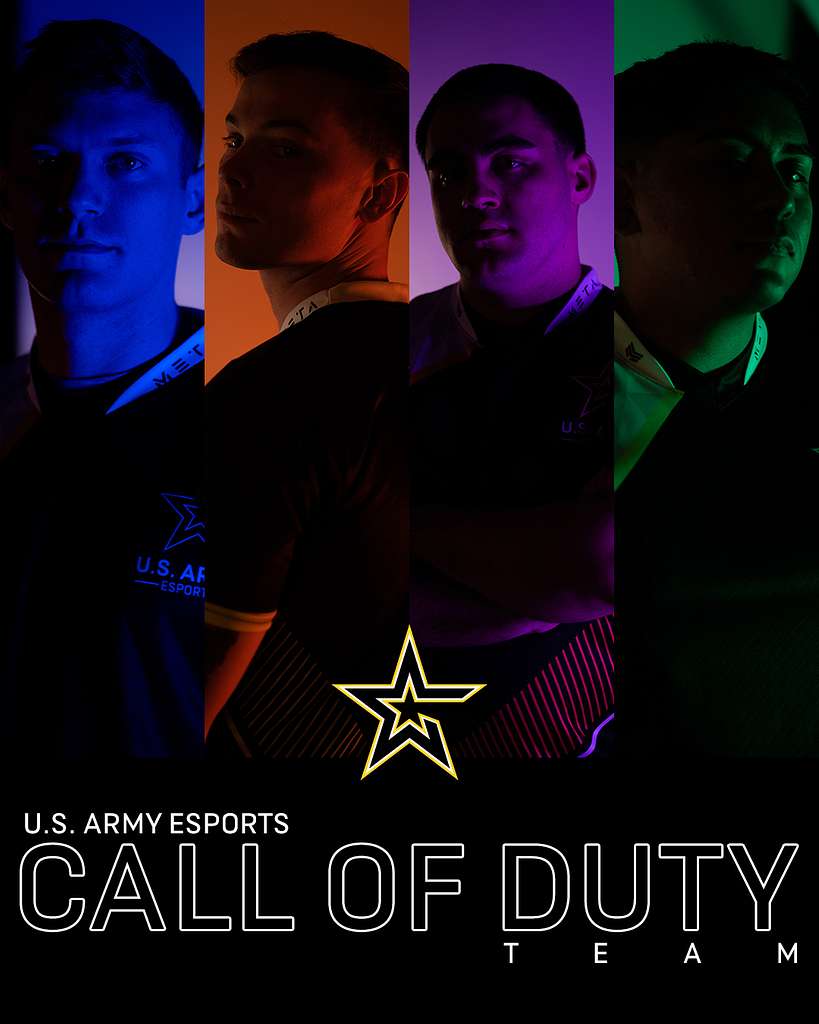 Arguably the biggest advice on this list, as it saves both disappointments and time, is to be completely certain of your abilities, i.e bite as good as you bark. A trope that sadly has taken gamers completely off of professional, amateur, or even casual gaming, is competing in a tournament without correctly gauging their skills. Before even considering participating in an Esports competition, you must have a clear understanding of what you are capable of mid-game. In solo VS games, you must be sure that your skills match those of the level of the tournament in question, as the only one you can count on is yourself. In team competitions, what you can bring to the team is as important or even more important than each skill. Compare yourself against known professional players, see what you can learn from them, and grow until you are ready for a real tournament.
Arguably the biggest advice on this list, as it saves both disappointments and time, is to be completely certain of your abilities, i.e bite as good as you bark. A trope that sadly has taken gamers completely off of professional, amateur, or even casual gaming, is competing in a tournament without correctly gauging their skills. Before even considering participating in an Esports competition, you must have a clear understanding of what you are capable of mid-game. In solo VS games, you must be sure that your skills match those of the level of the tournament in question, as the only one you can count on is yourself. In team competitions, what you can bring to the team is as important or even more important than each skill. Compare yourself against known professional players, see what you can learn from them, and grow until you are ready for a real tournament.
Strength In Numbers
While solo PvP competitions are increasingly popular, team competitions stand at the top of the popularity chain when it comes to Esports. As such, creating a balanced team that can tackle any situation is a must. Yet creating a good team is not just finding the best players and mixing them all. No team will be able to perform at the top of their abilities without first getting to know each other's playstyle. A prime example of this need for interaction is MOBA games. In a regular MOBA match, i.e League of Legends, two teams of 5 players each compete for dominance on a map. Each one of the five players has a determining role in their team, creating ambushes, tanking damage, dealing damage, interrupting and paralyzing opponents, taking out key players, etc. All of these roles' efficiency can only reach their maximum level once each player has fought side by side with each other for quite a few rounds, determining the leader, and understanding the approach each one has to the game.
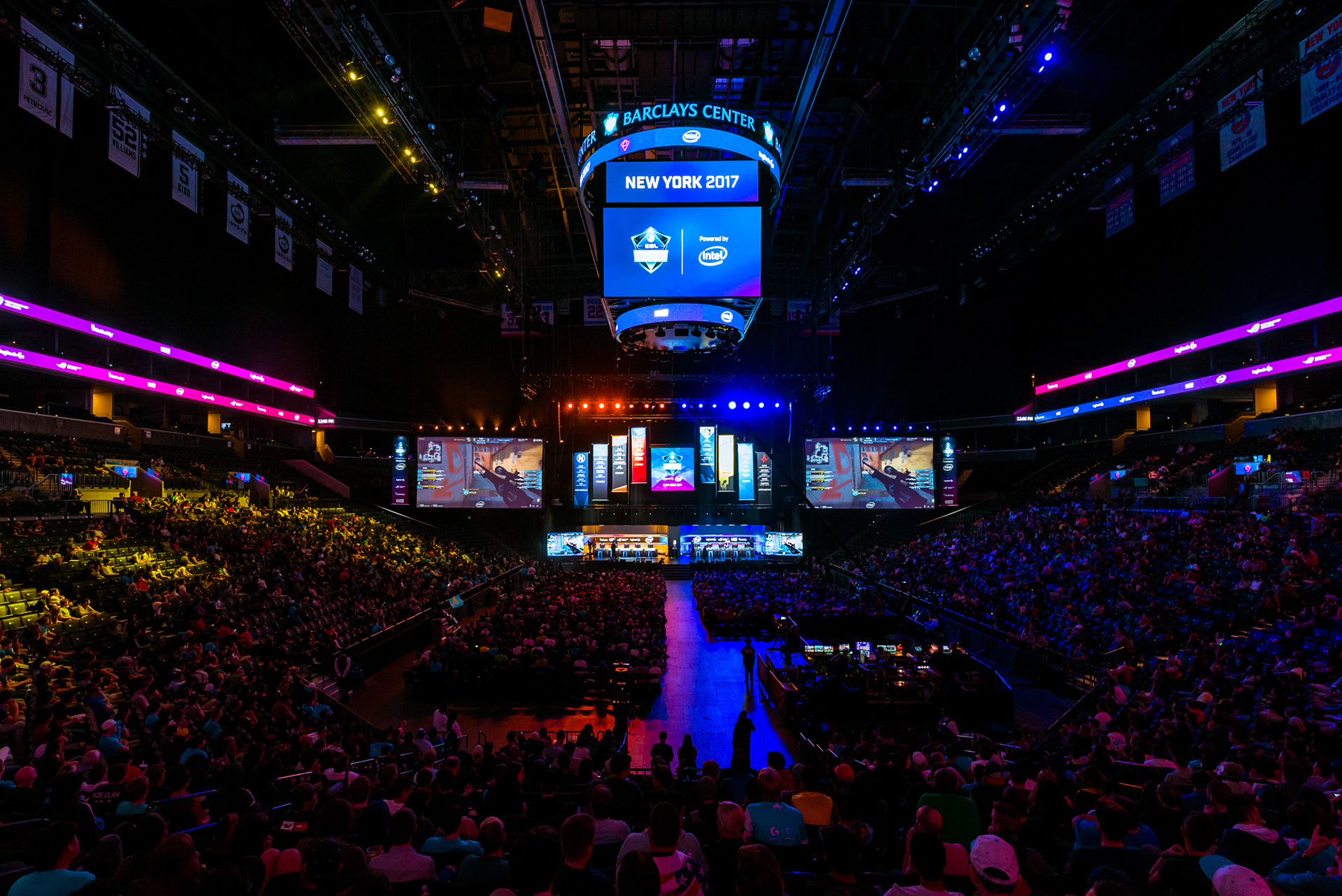
Knowledge Is Power
The final tip in our list, get to know your opponent. This is decidedly more difficult for amateur competitions, as amateur players tend to have less information, yet on a professional level, this is a must. Getting to know the playstyle of your opponent or opponents is one of the bases of preparing a strategy.
Just The Beginning
These couple of tips are only the beginning, let your own experience and research bring you to the next level in your gaming skills and growth.


